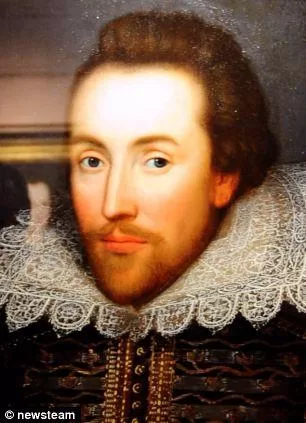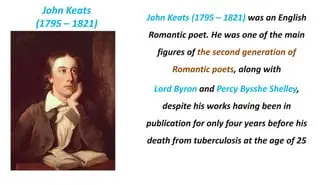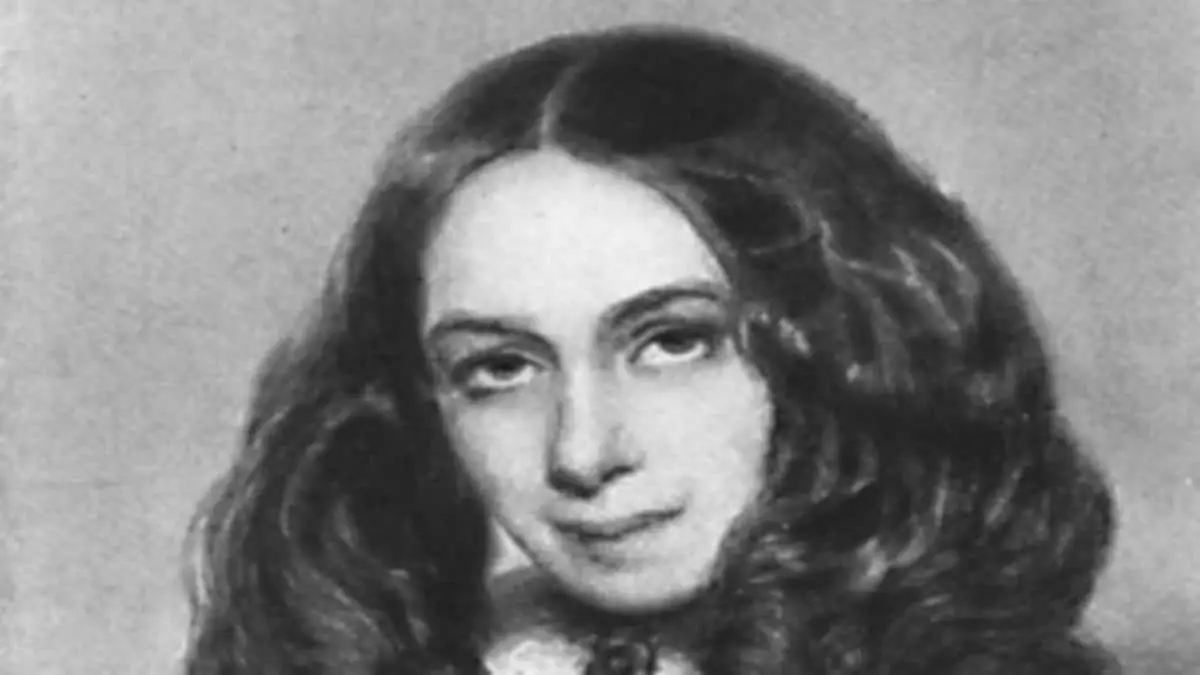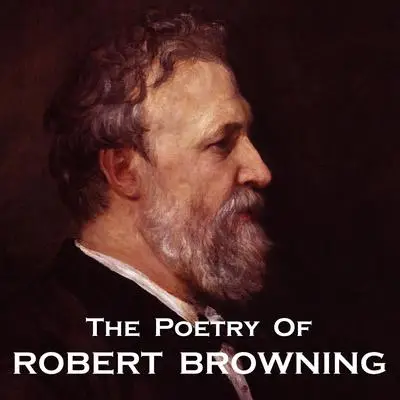5 Famous English Poets Biography

5 Famous English Poets Biography, The realm of English literature is adorned with a constellation of poets who have left an indelible mark on the world of literature and the hearts of readers. Their words, crafted with artistry and imbued with profound emotions, have traversed the boundaries of time and continue to resonate with audiences across generations. In this literary odyssey, we embark on a journey to explore the lives and legacies of five such renowned English poets, whose contributions have enriched the tapestry of English literature.
Biography of 5 Famous English Poets
5 Famous English Poets Biography – William Shakespeare: The Bard of Avon (1564-1616)
Often hailed as the greatest writer in the English language, William Shakespeare stands as a towering figure in the literary world. Born in the quaint town of Stratford-upon-Avon, Warwickshire, England, Shakespeare’s life remains shrouded in mystery, with scant details recorded. From his humble beginnings as a playwright, Shakespeare rose to prominence as a renowned poet, dramatist, and actor. His body of work encompasses 37 plays, 154 sonnets, and two long narrative poems, showcasing an unparalleled mastery of language and storytelling.
Shakespeare’s plays delve into the complexities of the human condition, exploring themes of love, loss, power, and ambition. His characters, drawn from all walks of life, are imbued with depth and nuance, reflecting the universality of human experiences. Despite being written over four centuries ago, Shakespeare’s works continue to captivate audiences worldwide, with his plays being translated into numerous languages and adapted into various forms of media.
Early Life and Education
William Shakespeare was born in 1564 to John Shakespeare, a successful glove-maker, and Mary Arden, a local heiress. He was the third child of eight siblings and grew up in a modest household. Little is known about his early education, but it is believed that he attended the local grammar school in Stratford-upon-Avon, where he would have studied Latin and classical literature.
At the age of 18, Shakespeare married Anne Hathaway, who was eight years his senior. They had three children together, Susanna, and twins Hamnet and Judith. In the late 1580s, Shakespeare left his family behind and moved to London to pursue a career in the theatre.
Career and Legacy
In London, Shakespeare found success as an actor and playwright, becoming a member of the Lord Chamberlain’s Men, a popular acting company at the time. He wrote his plays for this company and later became a shareholder in the Globe Theatre, where most of his plays were performed.
Shakespeare’s plays were immensely popular during his lifetime, and he gained recognition as a master of the English language. His works were not only entertaining but also thought-provoking, exploring complex themes and human emotions. Some of his most famous plays include “Romeo and Juliet,” “Hamlet,” “Macbeth,” and “A Midsummer Night’s Dream.”
After his death in 1616, Shakespeare’s legacy continued to grow, with his plays being performed and studied all over the world. His influence on the English language is immeasurable, with many phrases and expressions from his works still used in everyday conversation. Shakespeare’s impact on literature and culture is undeniable, making him one of the most famous and celebrated poets in English history.
5 Famous English Poets Biography – John Keats: The Romantic Poet (1795-1821)
John Keats was a leading figure of the Romantic movement in English literature, known for his lyrical and sensual poetry. Born in London, England, Keats lost both his parents at a young age and was raised by his grandmother. He showed an early interest in literature and began writing poetry in his teenage years. Despite facing financial struggles, Keats pursued his passion for poetry and left behind a remarkable body of work that continues to inspire readers today.
Early Life and Education
John Keats was born in 1795 to Thomas Keats, a stable-keeper, and Frances Jennings, who came from a wealthy family. After the death of his father when he was eight years old, Keats’ mother remarried and had four more children. However, she passed away when Keats was just fourteen, leaving him and his siblings in the care of their grandmother.
Keats attended a local school in Enfield, where he received a classical education. He showed a keen interest in literature and began writing poetry at a young age. In 1810, Keats was apprenticed to a surgeon, but he soon left the profession to focus on his writing.
Career and Legacy
In 1816, Keats published his first collection of poems, “Poems by John Keats,” which received mixed reviews. However, it was his second collection, “Endymion,” published in 1818, that brought him recognition as a poet. Keats’ works were heavily influenced by the Romantic ideals of nature, beauty, and imagination, and he often explored themes of love, mortality, and the human experience.
Despite his growing success as a poet, Keats faced criticism and ridicule from some literary circles, which affected his confidence and health. He also suffered personal tragedies, including the death of his brother Tom from tuberculosis. In 1820, Keats himself was diagnosed with tuberculosis, and his health rapidly deteriorated. He spent his last months in Italy, hoping the warmer climate would improve his condition, but he passed away in Rome in 1821, at the young age of 25.
Although Keats’ life was cut short, his legacy lives on through his poetry, which has been praised for its beauty, sensuality, and emotional depth. Some of his most famous works include “Ode to a Nightingale,” “To Autumn,” and “Bright Star.” Keats’ contributions to the Romantic movement have cemented his place as one of the greatest English poets of all time.
5 Famous English Poets Biography – Elizabeth Barrett Browning: The Victorian Poet (1806-1861)
Elizabeth Barrett Browning was a prominent poet of the Victorian era, known for her powerful and passionate poetry. Born in Durham, England, Browning was raised in a wealthy family and received an extensive education at home. She began writing poetry at a young age and went on to become one of the most celebrated poets of her time.
Early Life and Education
Elizabeth Barrett Browning was born in 1806 to Edward Moulton Barrett, a wealthy landowner, and Mary Graham Clarke, who came from a family of plantation owners. Browning was the eldest of twelve children and grew up in a privileged household. She showed a talent for writing from a young age and published her first collection of poems, “An Essay on Mind and Other Poems,” at the age of fourteen.
Browning’s father encouraged her education, and she studied various subjects, including Greek, Latin, and literature. However, her health suffered due to a spinal injury, and she became increasingly isolated, spending most of her time reading and writing.
Career and Legacy
In 1838, Browning published her most famous work, “The Seraphim and Other Poems,” which brought her recognition as a poet. She also gained critical acclaim for her collection “Poems” (1844), which included her most famous poem, “Sonnets from the Portuguese.” This collection was inspired by her love for fellow poet Robert Browning, whom she married in 1846.
Browning’s poetry often explored themes of love, faith, and social justice, and she was a vocal advocate for the abolition of slavery and women’s rights. Her works were praised for their emotional depth, vivid imagery, and use of the dramatic monologue form.
Elizabeth Barrett Browning’s legacy continues to inspire poets and readers alike, with her poetry remaining popular and relevant even today. She is considered one of the most significant female poets in English literature and a leading figure of the Victorian era.
English Biographies of 5 Famous Poets
5 Famous English Poets Biography – William Wordsworth: The Father of Romanticism (1770-1850)
William Wordsworth is widely regarded as the father of the Romantic movement in English literature. Born in Cockermouth, Cumberland, England, Wordsworth spent his childhood surrounded by nature, which would later become a prominent theme in his poetry. He is best known for his collection “Lyrical Ballads” (1798), co-authored with Samuel Taylor Coleridge, which marked the beginning of the Romantic era in English literature.
Early Life and Education
Wordsworth was born in 1770 to John Wordsworth, an attorney, and Ann Cookson. His mother passed away when he was just eight years old, and he was sent to live with relatives in Yorkshire. Despite facing financial struggles, Wordsworth received a good education, attending Cambridge University and studying various subjects, including literature, philosophy, and politics.
After graduating, Wordsworth embarked on a walking tour of Europe, where he was exposed to the beauty of nature and the political turmoil of the French Revolution. These experiences would greatly influence his writing and shape his views on society and humanity.
Career and Legacy
In 1793, Wordsworth published his first collection of poems, “An Evening Walk and Descriptive Sketches,” which received mixed reviews. However, it was his collaboration with Coleridge on “Lyrical Ballads” that brought him recognition as a poet. This collection, which included Wordsworth’s most famous poem, “The Prelude,” marked a departure from the traditional poetic style and focused on everyday language and themes.
Wordsworth’s poetry often celebrated nature and the beauty of the English countryside, while also exploring themes of memory, childhood, and the human experience. His works were praised for their simplicity, sincerity, and emotional depth, and he became one of the most influential poets of the Romantic era.
5 Famous English Poets Biography – Lord Byron: The Rebel Poet (1788-1824)
George Gordon Byron, commonly known as Lord Byron, was a leading figure of the Romantic movement in English literature. Born in London, England, Byron was raised by his mother after his father passed away when he was just three years old. He showed an early interest in literature and published his first collection of poems, “Fugitive Pieces,” at the age of 18.
Early Life and Education
Byron attended various schools in England and Scotland before enrolling at Cambridge University. However, he left without completing his degree and embarked on a Grand Tour of Europe, where he wrote some of his most famous works, including “Childe Harold’s Pilgrimage” (1812-1818).
Career and Legacy
Byron’s poetry was heavily influenced by his personal experiences, including his tumultuous love affairs and his political views. He was known for his rebellious nature and often challenged societal norms through his writing. Some of his most famous works include “Don Juan,” “She Walks in Beauty,” and “The Prisoner of Chillon.”
Despite facing criticism and controversy during his lifetime, Byron’s legacy continues to inspire writers and readers today. His contributions to the Romantic movement and his unique poetic style have cemented his place as one of the most famous and influential poets in English literature.
5 Famous English Poets and Their Lives
5 Famous English Poets Biography – Percy Bysshe Shelley: The Radical Poet (1792-1822)
Percy Bysshe Shelley was a prominent poet of the Romantic era, known for his radical views and his lyrical poetry. Born in Sussex, England, Shelley came from a wealthy family and received an excellent education at home. He began writing poetry at a young age and went on to become one of the most celebrated poets of his time.
Early Life and Education
Shelley attended Eton College and Oxford University, where he studied various subjects, including literature, philosophy, and politics. However, he was expelled from Oxford for publishing a pamphlet advocating atheism, which caused a scandal at the time.
Career and Legacy
In 1816, Shelley published his most famous work, “Ozymandias,” which is considered one of the greatest poems in the English language. His poetry often explored themes of love, nature, and social justice, and he was a vocal advocate for political reform and the rights of women.
Despite facing criticism and censorship during his lifetime, Shelley’s works continue to be praised for their beauty, passion, and emotional depth. He is considered one of the leading figures of the Romantic movement and a significant influence on later poets such as Lord Byron and John Keats.
5 Famous English Poets Biography – Robert Browning: The Dramatic Monologue Poet (1812-1889)
Robert Browning was a Victorian poet known for his use of the dramatic monologue form and his exploration of human psychology. Born in Camberwell, London, England, Browning showed an early interest in literature and began writing poetry in his teenage years. He is best known for his collection “Men and Women” (1855), which includes his most famous poem, “My Last Duchess.”
Early Life and Education
Browning received a classical education at home and was well-read in literature and philosophy. He also studied music and art, which would later influence his writing. In 1833, Browning published his first collection of poems, “Pauline,” which received mixed reviews.
Career and Legacy
Browning’s poetry often explored themes of love, jealousy, and the darker aspects of human nature. He was a master of the dramatic monologue form, where a character speaks directly to the reader, revealing their thoughts and feelings. Some of his most famous works include “The Pied Piper of Hamelin,” “Porphyria’s Lover,” and “Andrea del Sarto.”
Despite facing criticism for his unconventional style, Browning’s works gained popularity during his lifetime, and he became one of the most celebrated poets of the Victorian era. His influence on modern poetry is evident, with many poets emulating his use of the dramatic monologue form.
Famous Poets of English Literature: A Biography
Conclusion
The lives and legacies of these five famous English poets have left an indelible mark on the world of literature. From Shakespeare’s timeless plays to Wordsworth’s celebration of nature, each poet has contributed to the rich tapestry of English literature in their unique way. Their words continue to inspire and resonate with readers, proving that the power of poetry knows no bounds. As we delve into the biographies of these renowned poets, we gain a deeper understanding of their works and the impact they have had on the literary world. Their legacy lives on through their poetry, reminding us of the enduring power of language and the beauty of the human experience.

















